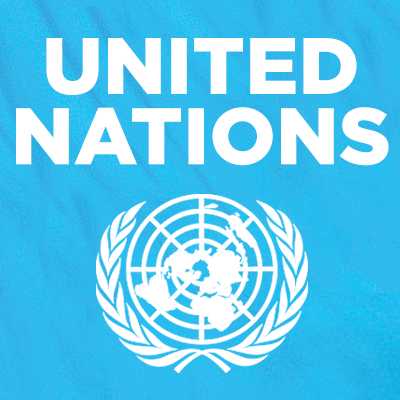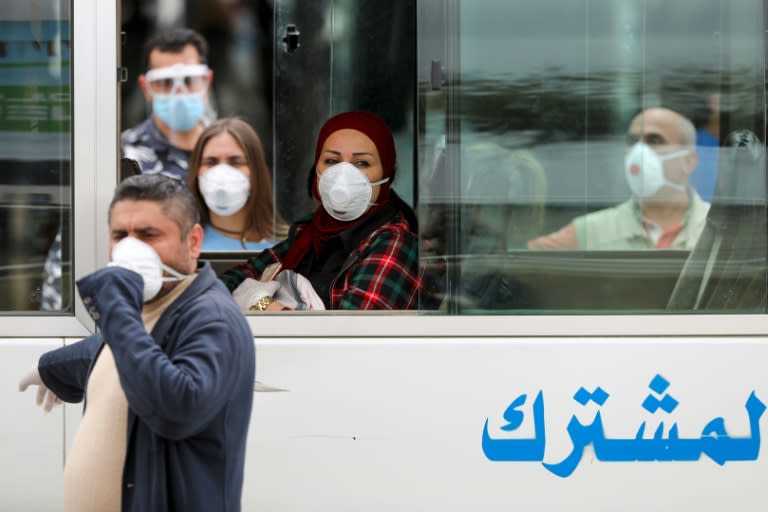
by aawsat.com — Lebanese Prime Minister Hassan Diab pledged on Thursday to protect small bank deposits, however, he fell short of revealing when depositors would be allowed to access their money. “Ask the Governor of the Central Bank (Riad Salameh),” Diab replied when asked by a journalist when they would be able to withdraw their money from local banks. Following a cabinet session at the Baabda palace on Thursday, the PM said the US dollar exchange rate crisis remains a major problem that needs to be resolved, pledging to protect 90 percent of the country’s depositors, most of whom have relatively small accounts. Since last October, the exchange rate of the dollar against the Lebanese pound in the parallel market registered an unprecedented rise, lately exceeding LBP 2,800. The devaluation of the pound is mainly due to the decline in the dollar’s supply in the market, as a result of bank restrictions that prevent depositors from withdrawing their money.





![Lebanese President Michel Aoun in Beirut, Lebanon on 24 October 2019 [Presidency of Lebanon/Anadolu Agency]](https://i0.wp.com/www.middleeastmonitor.com/wp-content/uploads/2019/11/20191024_2_38972680_48822485.jpg?resize=1200%2C800&quality=85&strip=all&ssl=1)
/cdn.vox-cdn.com/uploads/chorus_image/image/66613261/1208351538.jpg.0.jpg)




